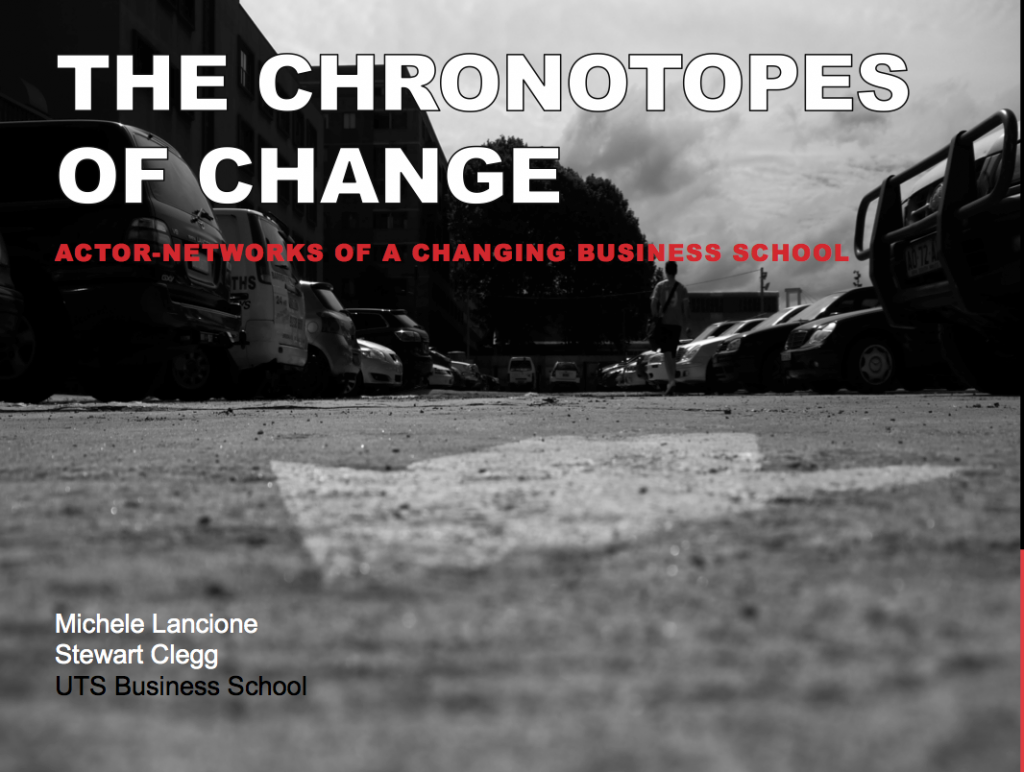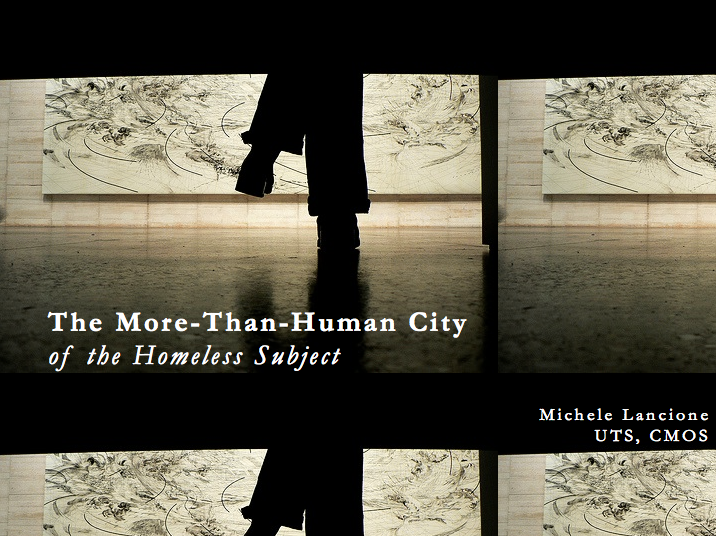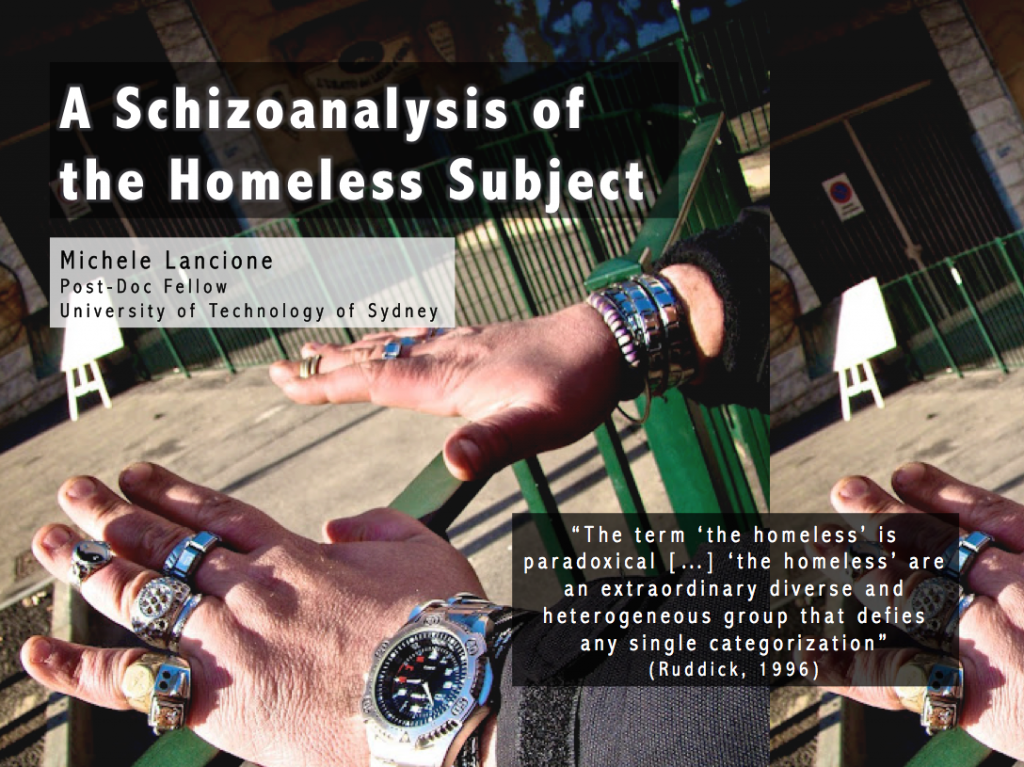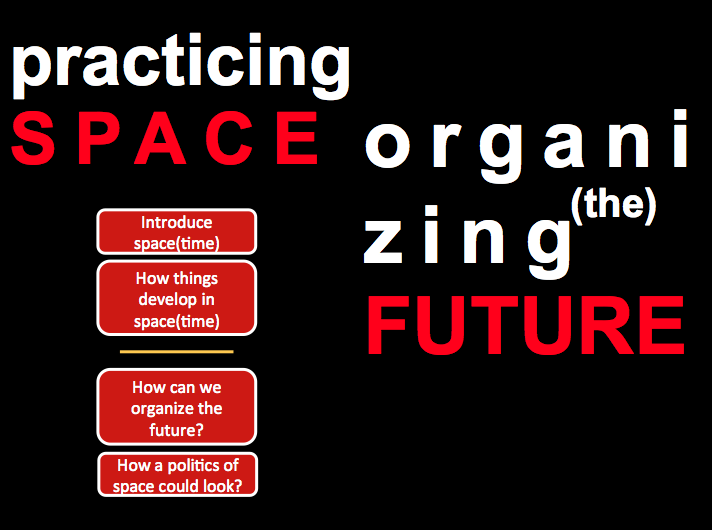Photo source: http://farm2.static.flickr.com/1018/1124577633_3cdb131392.jpg
A new article on the Journal of Political Power. If you would like to read it, please send me an email here.
Cunha, P.M., Rego, A., Clegg, S. and Lancione, M. (2012), Organizing a utopian State of Exception: The case of the S-21 extermination camp, Phnom Penh, The Journal of Political Power, 5:2, p. 279-299
Abstract
Organization theory, Clegg pointed out, has failed to address the role of organi- zations in some of the crimes of/against humanity, suggesting that more atten- tion should be given to the case of total institutions. With this paper we respond to Clegg’s invitation and study the S-21 extermination camp, in Phnom Penh, Cambodia. We do so by engaging with the work of the Italian philosopher Gior- gio Agamben, with the aim of investigating the organizational patterns that con- stitute the camp as a ‘State of Exception’. Doing so shows us how organizations can become malign forces for evil. We explore the implications of this case for more general ‘Kafkaesque organization’, that sometimes reproduce, in more benign forms, many of the practices found at S-21.
Keywords: total institutions; evil organizations; Cambodia; Khmer Rouge; S-21; Kafkaesque organizing; state of exception; bios; zoe; bare life






